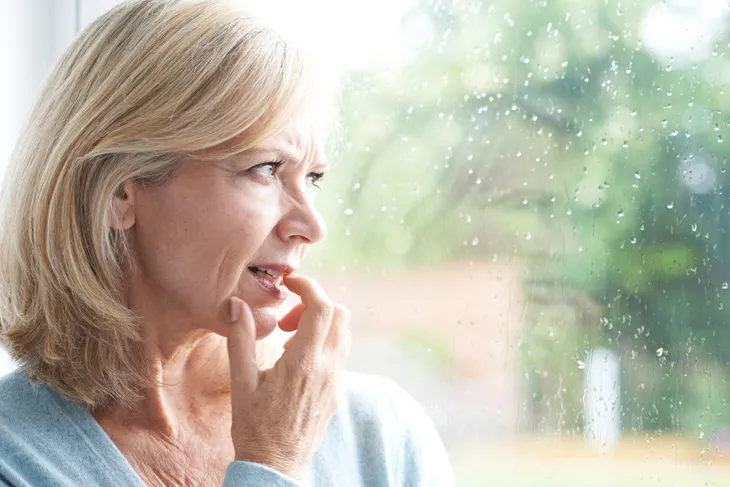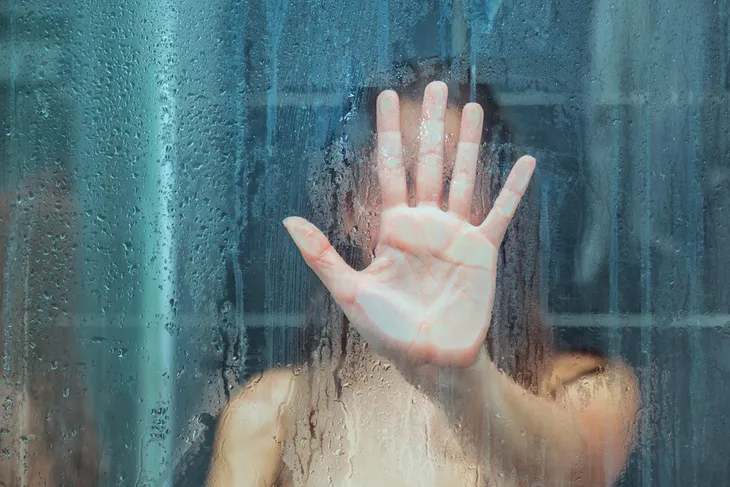We all have our own fears and little quirks about things that make us uncomfortable. And for some of us, those fears develop into full on phobias. WebMD describes a phobia as an irrational and disabling fear which often begins in childhood. The website notes that some phobias may have been brought on by traumatic events but it is also not uncommon for them to not have any specific cause or reason behind them but they still cause reactions and feelings of anxiety and panic when exposed.
Some phobias can be treated with exposure therapy, where your reaction will change after gradually being exposed to your fear and some require cognitive behavioural therapy where patients learn to change inaccurate perceptions that they may have regarding their phobias. Some of us have a fear of flying, fear of heights, or spiders. However, there are quite a few phobias that are stranger than most. Here’s a list of 6 of the most unusual phobias…
1. Nomophobia
This strange phobia is one that youth fear more than the elderly, and that’s the fear of being without your phone or mobile coverage. The name was was conceived in the United Kingdom after it was discovered that this was a growing concern for the youth population. The “nomo” part of the word is abbreviated from “no-mobile-phone”.
This phobia was discovered when the UK Post Office commissioned a research organization that looked at the anxieties of people who use mobile phones. Over half of the people who participated in the study claimed to be anxious when they lose their phone, have no service or run out of battery.
2. Trypophobia
Trypophobia is the fear of small holes. People who suffer from this phobia often feel nauseous or queasy when they look at any object or surface with multiple small holes. Triggers for trypophobia could include but are not limited to, honeycombs, strawberries, coral, bubbles and pomegranates.
According to Healthline.com, trypophobia is a phobia that has not yet been classified as a full on phobia, but many sufferers experience real symptoms when they see small holes. The symptoms people might have are goosebumps, distress, panic attacks, nausea and sweating.
3. Haphephobia
A lot of people find comfort in the embrace of another person. Hugs are proven to improve your mood and make you feel better when you’re feeling down. However, not everyone feels the same way. Haphephobia which is also known as thixophobia or aphephobia, is the fear of being touched.
If someone with this phobia were to be touched, they might feel such discomfort that they could experience a bit of pain. They might also have some physical reactions such as panic attacks, fainting, heart palpitations and hyperventilation. Healthtopia.net notes that this phobia could be caused by a traumatic event like sexual assault or physical abuse.
4. Ombrophobia
I don’t like getting caught in the rain as much as the next person, but sometimes rain can be peaceful and do wondrous things for our gardens! However, people with ombrophobia might not think so as they have a fear of rain. Healthtopia.net explains how this fear could be the fear of harsh storms or even the slightest drizzle. This fear is closely linked to astraphobia which is the fear of thunder and lightning.
The source also notes that what causes this fear could also be a traumatic event such as a flood or landslide or loss of property or losing a loved one during rain. Sufferers might feel an irrational sense of fear involving rain, like being swept away, and have a fight or flight response when caught in some downpour or completely avoid going outside when it rains.
5. Chrometophobia
Medicinenet.com describes chrometophobia as the fear of money. This fear could stem from the fear of mismanaging money and the consequences if that were to happen. However, this fear isn’t limited to having little money as some people actually fear having it or having a lot of it!
The fear of money could potentially extend further into another phobia – germophobia. Some individuals who suffer from chrometophobia might avoid handling any coins or bills for the fear of the germs that they hold. Regardless of the cause of chrometophobia, people with this fear will often feel the same feelings of anxiety such as panic attacks, sweating, numbness and dizziness.
6. Ablutophobia
It’s not uncommon for someone to be germophobic and fear germs and getting sick. For those people, they may bathe overly often or wash their hands repeatedly and excessively clean or use hand sanitizer. However, people with ablutophobia have almost the opposite fear which is the fear of bathing.
Most children don’t enjoy baths and a fear won’t usually be diagnosed unless reactions to bathing are consistently extreme or carry on into adulthood. If left untreated, there could be not only physical repercussions from not bathing, such as alienation. Allaboutcounselling.com explains that there isn’t a universally specific cause for this fear. There could have been an incident involving water or bathing that led to the extreme fear, but it could also just be something unexplainable.









